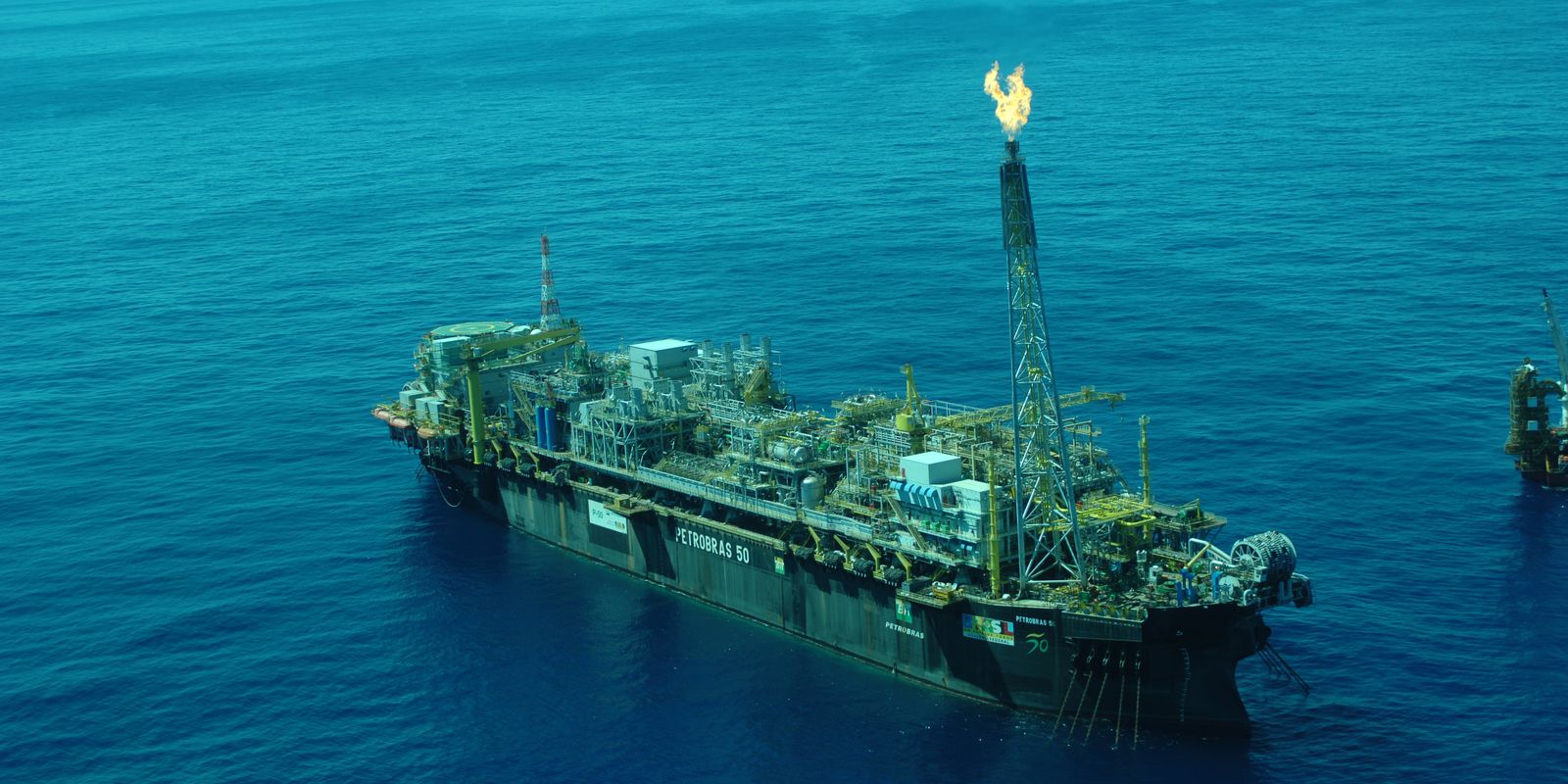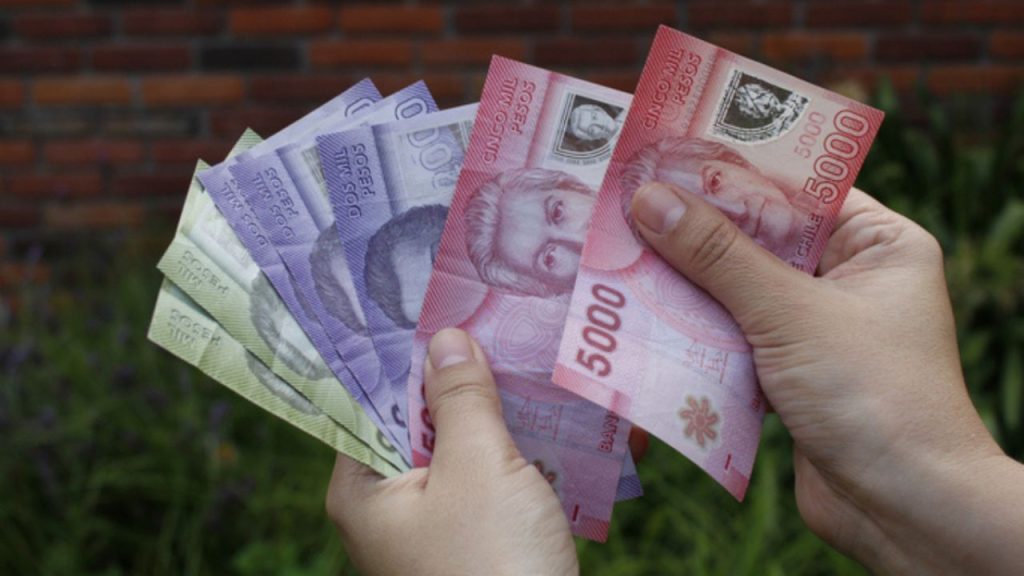Pré-Sal Petróleo (PPSA), the state-owned company that manages the Union’s oil and natural gas production sharing contracts, can, as of this Monday (26), negotiate the volumes of gas already processed directly on the market. The authorization was regulated by means of a resolution of the National Energy Policy Council (CNPE). Until then, PPSA sold the Union’s natural gas upon departure from the platform ships that were in production, which restricted competitiveness.
The resources from the sale of gas go to the federal government’s Social Fund, and are directed to the areas of education and health.
Pré-Sal Petróleo initially intends to sign a contract with Petrobras to join the Integrated Natural Gas Flow System, formed by maritime and land gas pipelines, which interconnect various routes where consumer markets are located, such as the steel, chemical, automobile and glass industries, among others.
“The CNPE resolution is a milestone in the construction of a competitive natural gas market and completely changes the dynamics of the commercialization of the Union’s natural gas. We plan to commercialize our natural gas at the SIE exit soon, if possible from January 2025. The next step will be to join the Integrated Processing System (SIP), so that the Union’s production in 2027 can be processed in Petrobras-owned plants, in Rio de Janeiro and São Paulo, and sold directly to the market”, said Tabita in a statement.
Currently, the Union has a share of approximately 150 thousand cubic meters per day of natural gas in six contracts and the expectation is that this volume will increase to 3 million cubic meters per day in the coming years.
On July 31, PPSA held the 4th auction of oil belonging to the Union produced through sharing contracts. 37.5 million barrels were sold and the federal government raised more than R$17 billion from the sale. It was a record, with eight companies in the bidding: CNOOC Petroleum Brasil, Galp Energia Brasil, Petrobras, PetroChina International Brasil Trading, PRIO Comercializadora, Refinaria de Mataripe, Shell Trading Brasil and Total Energies EP Brasil.
Record production
In June, the Union’s monthly production through the production sharing system reached 71 thousand barrels per day (bpd), with 66 thousand barrels bpd relating to eight sharing contracts and the remainder to production individualization agreements for the non-contracted areas of Tupi and Atapu, both in the pre-salt zone of the Santos Basin.
Tabita Loureiro said that this new record places the Union with the 8th largest production in the country in the month and, by the end of the year, the numbers will be even higher. “According to our studies, by the end of the year we can reach almost 100 thousand barrels per day”, she informed.
Total production under production-sharing contracts has remained stable, with a daily average of 1 million barrels. The result for June was 3% higher than in the previous period, due to the operational improvement of P-70, in the Atapu field. The Búzios field was the largest producer with 509.9 thousand bpd. Since 2017, when the historical series began, the accumulated production under the production-sharing regime has been 842.5 million barrels. The accumulated production of the Union totals 45.83 million barrels of oil.
Regarding natural gas exports, in June the average production under the production sharing regime was 3.72 million cubic meters per day. The result for the month was 0.5% lower than the previous period, due to the stability in exports in Búzios and a small reduction in gas exports in the Sapinhoá field. Of this total, the Union was entitled to a production of 113 thousand cubic meters per day. Adding the results of the Tupi AIP, the total volume of natural gas available for commercialization by the Union was 166 thousand cubic meters per day in June.
Gas to Employ
Initiatives to improve the natural gas market and make it more competitive are part of the Gas for Employment program and among its objectives are proposals to increase the supply of natural gas from the Union in the domestic market; improve the use and social and economic return of national natural gas production; increase the availability of natural gas for the national production of fertilizers, petrochemical products and other productive sectors, to reduce external dependence on strategic inputs for national production chains and integrate natural gas into the national energy transition strategy to induce investment in low-carbon solutions, such as biogas, biomethane, low-carbon hydrogen, industrial cogeneration and carbon capture.

















